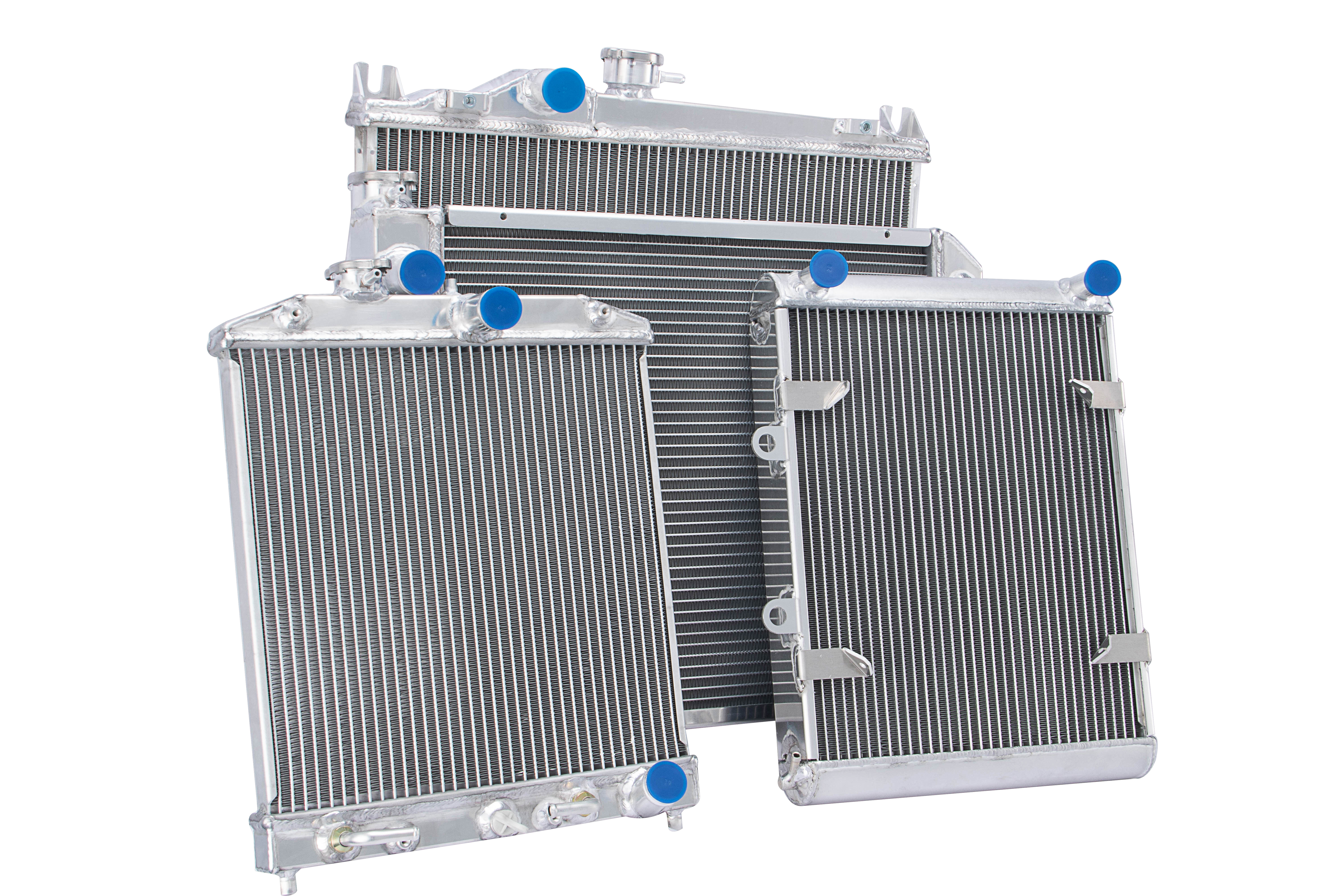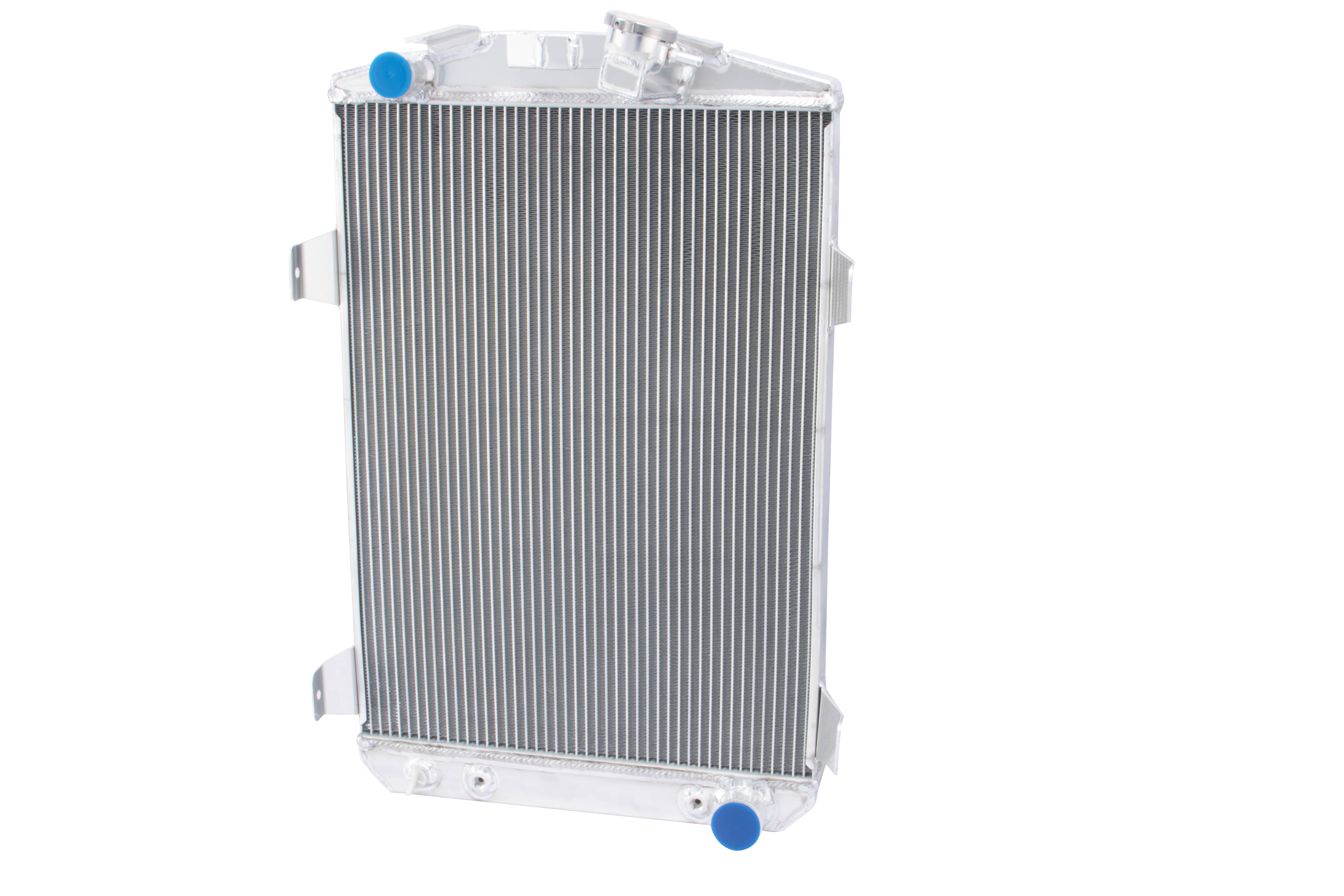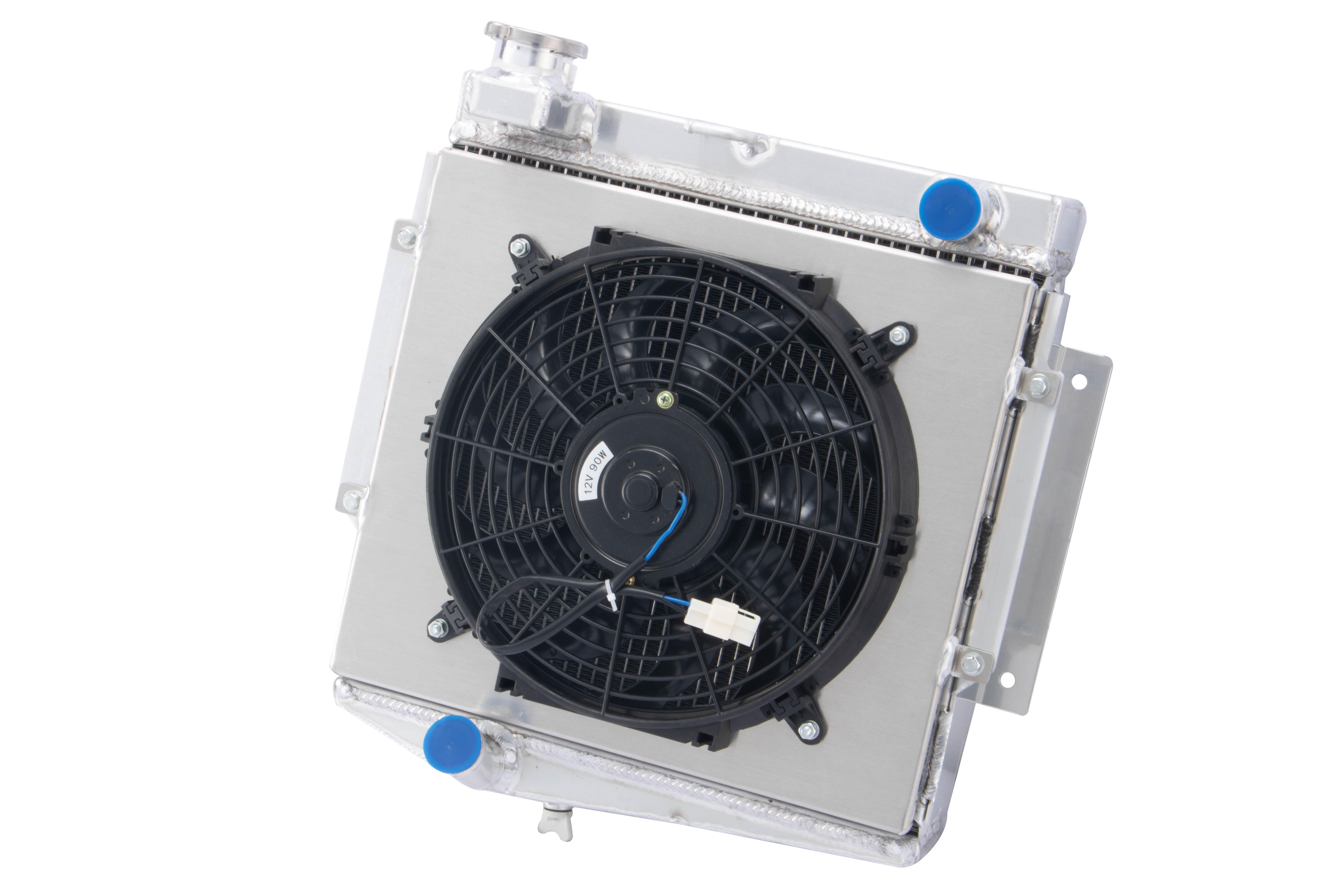მანქანის რადიოტორის ღირებულება
Მანქანის რადიატორის ღირებულება ძალიან განსხვავდება რამდენიმე ფაქტორის მითითებით, შეიცავს 既 კომპონენტის ღირებულებას, 既 მუშაობის ხარჯებს. ჩვეულებრივი მანქანის რადიატორის შეცვლა შეიძლება გადიოს $300-დან $1,200-მდე, სახელმწიფო მოდელები შეიძლება მიიღოს უფრო მაღალი ღირებულებები. რადიატორი წარმოადგენს გარემოს გამყავი სისტემის გარკვეულ კომპონენტს, რომელიც აკრძალული გამოწვევის გარეშე გადაადგილებს გამყავის და გამოაქვს სიგარმიანება მის ფინ-და-ტუბის დიზაინის გამო. ახალ რადიატორებში გამოიყენება განვითარებული მასალები, როგორიცაა ალუმინი და პლასტიკი, რომლებიც გაუმჯობესებენ სიგარმიანების გამოსვლას და მარტივად მართავს მდგომარეობას. ღირებულების სტრუქტურა ჩამოიგებს რადიატორის ერთეულს ($100-$500), მუშაობის ხარჯებს ($200-$700), გამყავის შეცვლას ($50-$100) და პოტენციურად დამატებით კომპონენტებს, როგორიცაა ჰოზები ან კლამპები. სხვადასხვა ფაქტორები ახდენენ გარკვეულ ღირებულებაზე გარკვეულ გავლენას, მათ შორის მანქანის მარკა და მოდელი, რადიატორის მასალის ხარისხი, გეოგრაფიული ადგილმდებარეობა და მუშაობის საათო ფასები განსხვავებულ სერვის ცენტრებში. ეს ღირებულების კომპონენტების გაგება დახმარება მანქანის მფლობელებს განსაზღვრავი გადაწყვეტილებების მიღებაში მართვისა და რეპარაციის შესახებ, რაც უზრუნველყოფს გამძ Gaussian engine performance and longevity.


